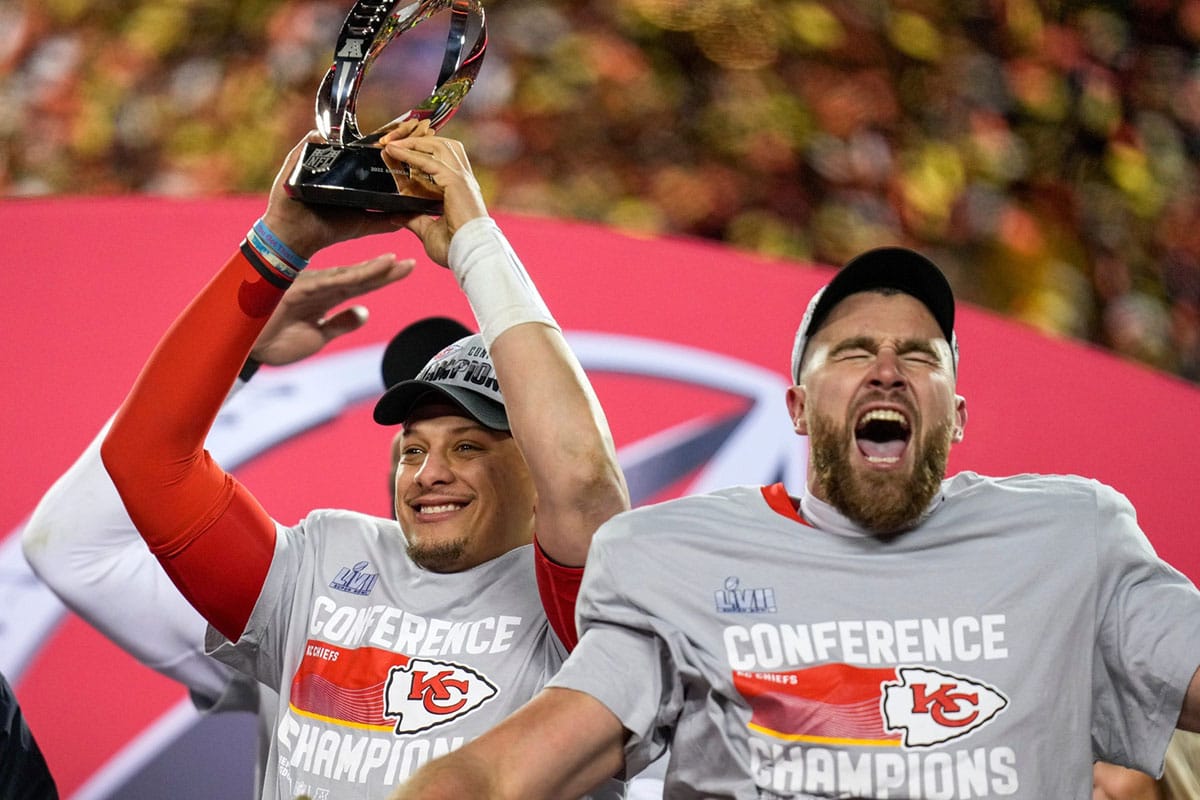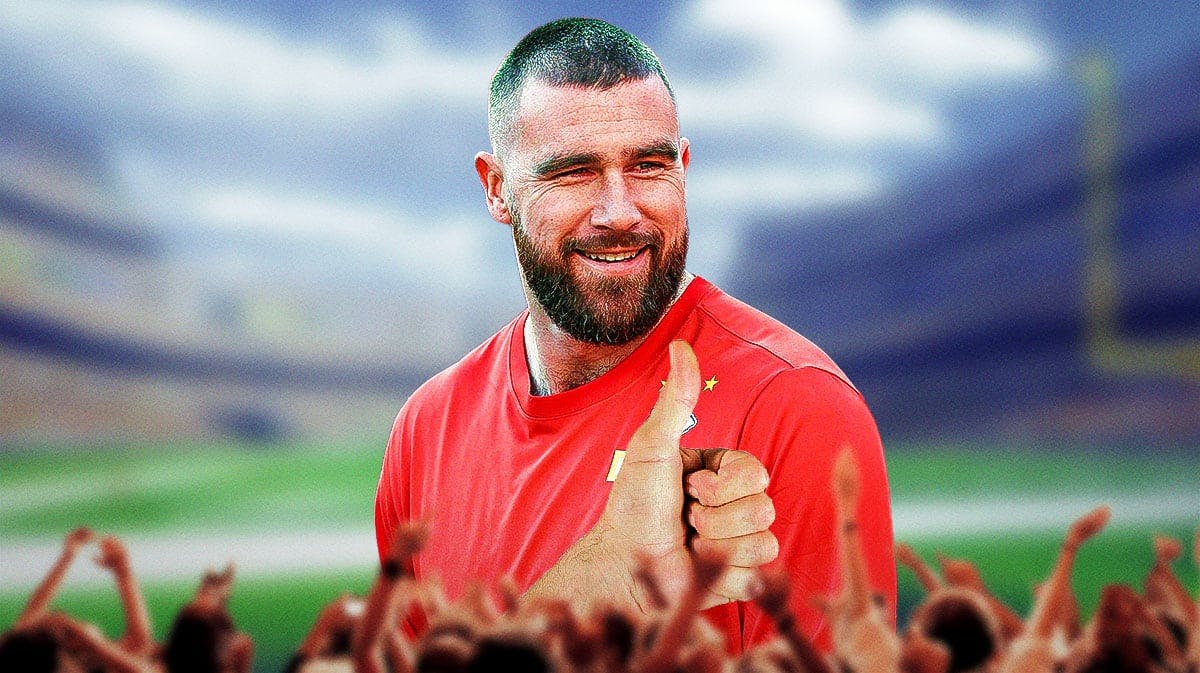The ongoing discussion about extending the NFL regular season to 18 games has seen various viewpoints from players, coaches, and executives. Among the voices are Kansas City Chiefs star tight end Travis Kelce and his brother, Philadelphia Eagles center Jason Kelce, who have both expressed conditional support for the idea, provided it includes additional measures to ensure player health and well-being. Their advocacy for another bye week highlights a significant concern regarding the physical toll an extended season could have on players.
In a recent conversation, Travis Kelce articulated his stance that an 18-game season would be acceptable if it came with an added bye week. This adjustment, he argues, would help balance the increased demands of a longer season, offering players essential recovery time. His thoughts resonate with those of other players, including Cincinnati Bengals quarterback Joe Burrow, who also support the notion of more rest days in response to an expanded schedule.
Jason Kelce expanded on this point, noting that the current 17-game format, an odd number for an even number of teams, creates logistical issues, such as uneven home and away games. Moving to 18 games would not only resolve this imbalance but also make sense from a competitive standpoint. He suggests that either extending the season by a week or reducing preseason activities could accommodate the additional regular-season game without overburdening the players.
The potential increase to an 18-game schedule has been met with mixed reactions, primarily due to concerns over player health. The NFL has historically faced criticism over its handling of player safety, particularly with the physical and mental toll the game takes on its athletes. Introducing another bye week could potentially mitigate some of these concerns by allowing more time for injury recovery and mental respite, thereby preserving player health over the course of a more extended season.
Travis Kelce’s support for an additional bye week underscores a broader dialogue within the league about how best to balance player safety with commercial interests. For players, the quality of their performance and their career longevity are at stake. For the league, player health issues are also a matter of public relations and operational efficiency, impacting everything from team strategies to fan engagement and broadcast schedules.
From an economic perspective, an 18-game season could significantly impact the NFL’s revenue streams. More games mean more opportunities for ticket sales, merchandising, and broadcasting deals. However, these potential benefits come with increased costs related to player health management, including medical care and insurance. Thus, any decision about extending the season must consider these financial trade-offs.
For fans, the prospect of an 18-game season is enticing as it would provide more football to enjoy and more opportunities to support their favorite teams. Nevertheless, fans also recognize the importance of player health, with many advocating for the league to prioritize the well-being of its athletes over additional games.
Travis Kelce's Extension

While the debate over the season’s length continues, Travis Kelce’s career trajectory remains a point of interest. Recently, Kelce secured a lucrative two-year contract extension with the Chiefs, worth $34.25 million, making him the highest-paid tight end in terms of annual earnings. This contract is not only a testament to his value and performance on the field but also an investment in his continued success and leadership within the team.
Kelce’s consistent performance, marked by seven consecutive seasons with over 1,000 receiving yards, demonstrates his importance to the Chiefs' offensive strategy. In 2023, despite falling just short of another 1,000-yard season, Kelce helped lead the Chiefs to another Super Bowl victory, showcasing his critical role in the team’s success. His extension is a clear signal of the Chiefs’ confidence in his abilities and his role as a cornerstone of their future plans.
The discussion surrounding the extension of the NFL season to 18 games is complex and multifaceted, involving considerations of player health, competitive balance, economic benefits, and fan engagement. Players like Travis and Jason Kelce are at the forefront of this conversation, advocating for changes that ensure the health and safety of players are prioritized in any new scheduling formats. Their stance highlights the need for the NFL to carefully consider the impact of such changes on all stakeholders, particularly the athletes whose health and careers are directly affected by these decisions.
As the league continues to evolve, it must find ways to balance these various interests to sustain the sport’s long-term viability and integrity. For Travis Kelce, his immediate future is brightly defined by his new contract and ongoing commitment to excellence, both on and off the field. His advocacy for player health continues to influence the broader league culture, ensuring that player welfare remains a priority in the NFL’s operational and strategic decision-making processes.
